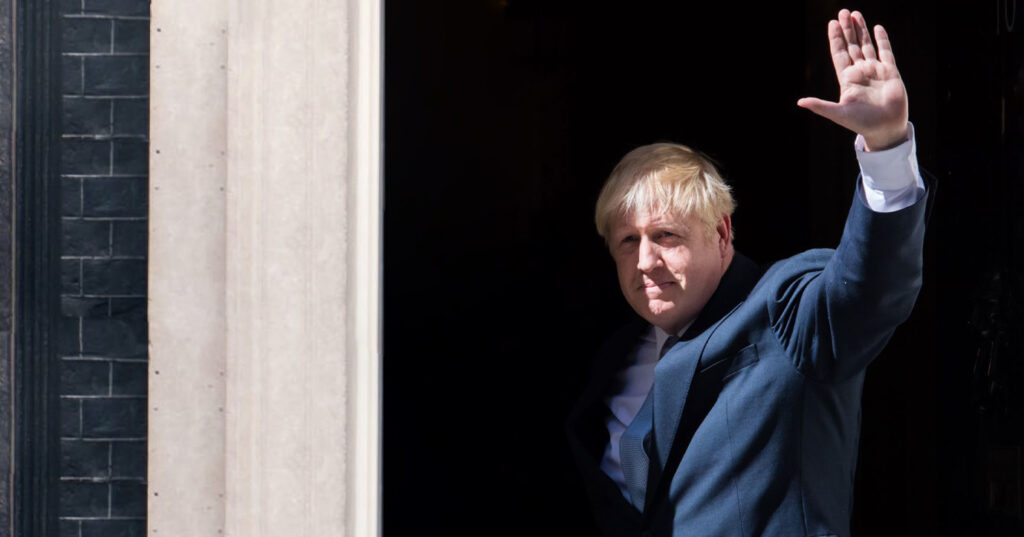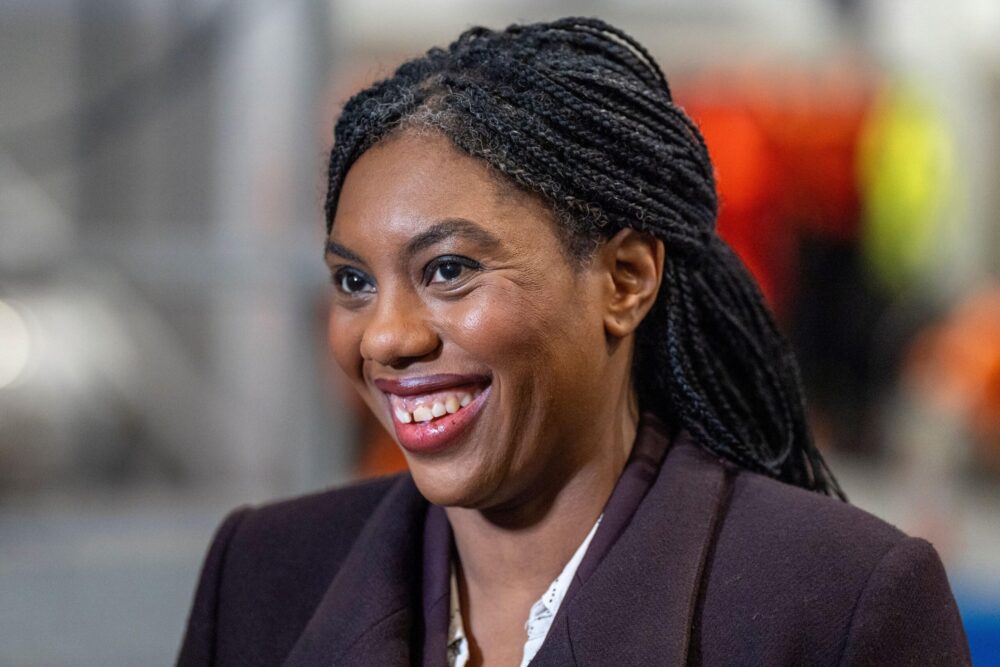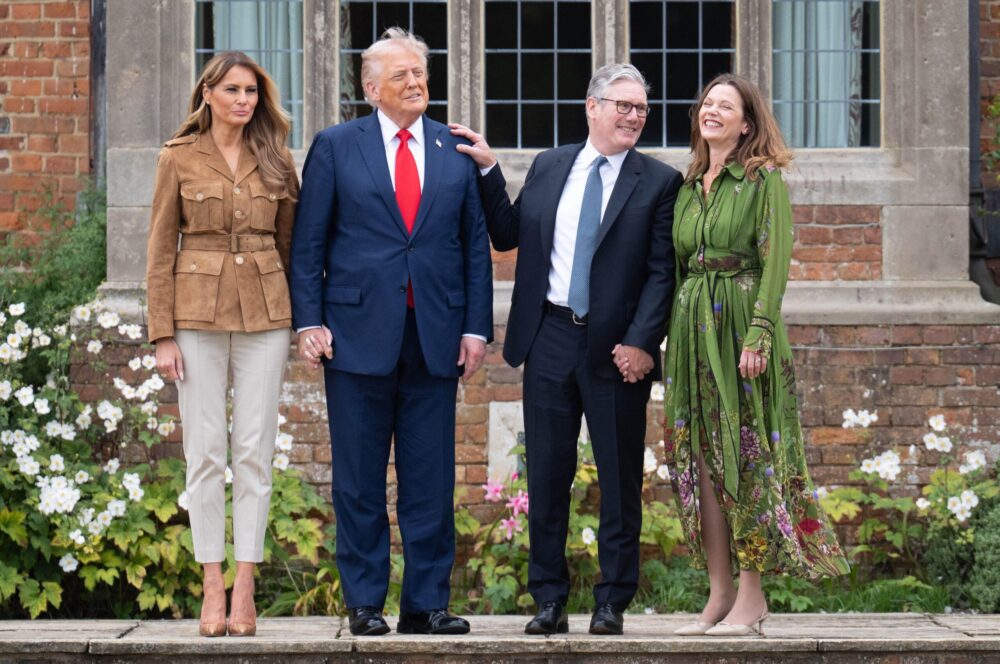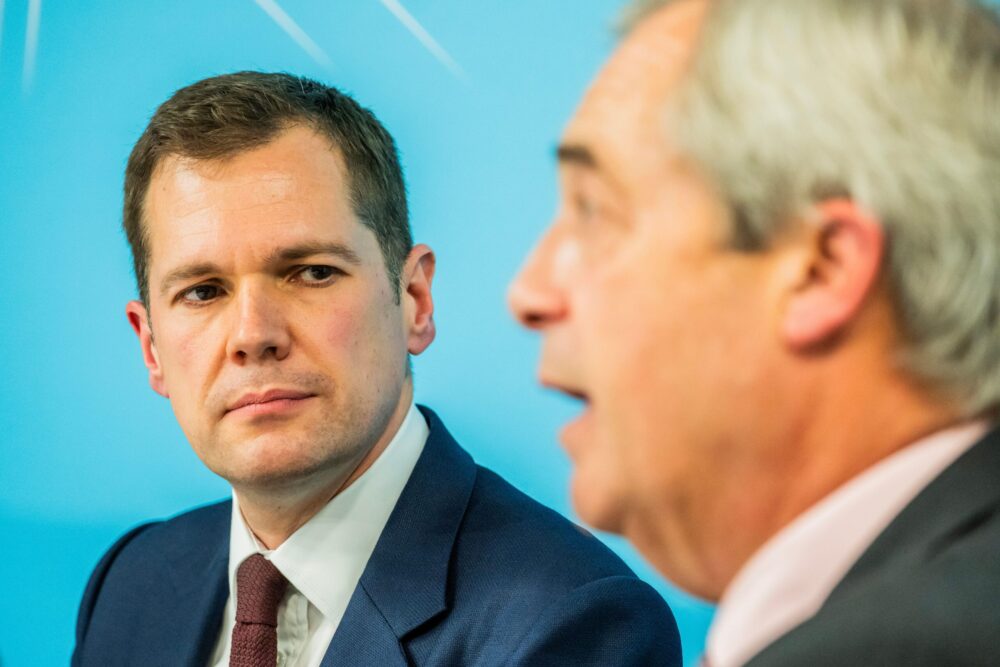
This article first appeared in the Mail on Sunday
The increasingly frantic tone of the leadership election suggests that the Conservatives are making a momentous decision that will define their party for years to come. In fact, the idea that the Tories face a grand strategic choice is an illusion. With two years until the next election, the new leader’s only option is to turn out as many of Johnson’s 2019 supporters as they possibly can.
In the last decade the Tory vote has become much more working class and culturally conservative – more Brexity – than when David Cameron entered Number 10 (a result, ironically enough, of his decision to hold the referendum that ended his premiership). It will not be easy to reassemble Boris Johnson’s big, diverse voting coalition, but no new leader can simply trade it in for a new one. It is too late to send new Tory voters home from the party and reissue invitations to people who have already left.
The trick will be even harder to pull off because none of the three stars that aligned to make the 2019 result possible – the Brexit deadlock, Jeremy Corbyn, and Johnson himself – is still in its place.
Most 2019 Tories agree it was time for Johnson to go. But as I found in my new research, out today, that doesn’t mean they’re happy about it. While two thirds of them disapproved of his character and conduct, 84% say he did a good job as PM. They still rate him higher than either of the challengers for his job. And for many of them his unconventional approach to politics was part of his appeal as well as his downfall.
That is one reason why Rishi Sunak is finding it hard to make headway. Even those who think Johnson’s departure was overdue are reluctant to give Sunak any credit for helping to bring it about. “He resigned to tee things up for himself,” as a man in our focus groups put it. “He stabbed Boris in the back.”
This is not the former chancellor’s only hurdle. The first things our groups mentioned about him were always his wealth and his wife’s tax status. Tory voters don’t disapprove of financial success – they just want to feel that their leaders can relate to them and play by the same rules. Views about his record as chancellor were mixed: people praised the furlough scheme and his calm authority but grumbled about wasted money, bungled PPE contracts and rising taxes.
People knew less about Liz Truss, and often wrongly assumed she was the less experienced candidate. Seeing clips of her campaign events many found her to be direct, authentic and believable and were more impressed than they expected to be. In our poll of 10,000 voters, the word most often associated with Sunak was “rich”; for Truss the word was “unsure”. Part of her advantage is that she hasn’t yet disappointed them and is, for many, a blank canvas onto which they can project their hopes.
Many had also clocked the big dividing line between the two: their approach to tax and debt. In principle, many agreed with Sunak that we should not land the next generation with bills we are not prepared to pay. But they felt people were struggling and needed help now (and, as one woman put it, “I wonder if he would be saying the same thing if he was on my wage”). The Truss pledge of early tax cuts found a ready audience; Sunak’s own subsequent promises sounded to many as though he was playing catch-up and undermined his dismissal of economic “fairy tales”.
Such contrasts of policy and style have so far made little impression on voters in general: in my poll, 56% said they would prefer Starmer and Labour to a Sunak-led Conservative government, compared to 55% who would prefer a Labour government to the Tories with Truss at the helm. Only one in three think Sunak and Truss would be very different prime ministers; nearly half say what happens in Britain over the next few years will be pretty much the same whoever is chosen. People say their likelihood of voting for each party varies little between these still hypothetical scenarios.
The question is which of them is better placed to keep together more of the unwieldy Johnson coalition, with its competing demands for low taxes, high spending, worldly realism and boundless optimism. Tories themselves are coming to a view. They say Truss is more likely to get things done, to be honest with the public, and to care about people like them. And while voters in general think Sunak would be more likely to win a general election for his party (perhaps being a non-Tory’s idea of what a Tory should be like), Conservatives see Truss as the more likely victor.
Two years before the last change of government, in 2008, I was the Conservative party’s deputy chairman in charge of polling. I remember clearly how the Tories enjoyed huge double-digit poll leads at a time of impending economic crisis and rising living costs. Two years later, they just crept over the line into government. Labour’s current lead is not on the same scale – but the economic outlook is worse, and the Conservatives have been in office longer and suffered more mishaps than the Blair-Brown administration.
The powerful message that it is time for a change will be hard to counter, even among those who rejected Labour so decisively in 2019. Sunak wants to reassure them with sound Tory prudence; Truss seems to want to come out swinging. We will soon see which route their party has decided to take.


